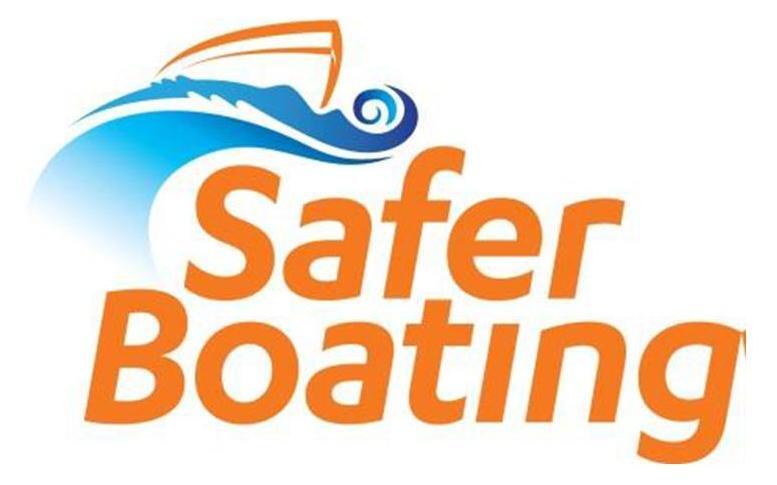Blogs
Boats and alcohol don’t mix.
- If you’re on board a boat and intoxicated, you are a danger to yourself as well as needlessly putting others at risk.
- Operating a boat can be as complicated as driving a car, and a boating accident can be just as lethal as a road accident. Some people who would never drive drunk think it’s safe to operate their boat after drinking – it isn’t.
- It is preferable to avoid drinking alcohol before heading out and while you are on the water. If you do consume alcohol, limit your intake to one standard drink (or less) per hour. It’s better to wait until you’re anchored for the day before drinking any alcohol, and even then, you should restrict how much you consume. The best policy is to wait until you’re on dry land.
- The effects of alcohol are exaggerated on the water, where a momentary lapse that might pass unnoticed on shore can have dangerous consequences. Factors like wind, sun, noise, motion and vibration can magnify its effects and speed up impairment. Drinking alcohol increases the likelihood of you ending up in the water by accident and slows your reaction times – confusion and lack of coordination may prevent you from responding effectively and reduce your chances of survival.
What the law requires
- If you operate a boat in a manner that causes unnecessary danger, including as a result of drinking alcohol, you can be prosecuted under section 65 of the Maritime Transport Act.
What the research shows
- The NZ Safer Boating Forum (formerly the National Pleasure Boat Safety Forum) has identified alcohol as one of the key risk factors in fatal and non-fatal accidents. It is considered to be underreported as a causal factor.
- MNZ figures show 19 people died in recreational boating accidents in New Zealand waters in 2013. This toll sits at 24 people as at 10 December 2014. Source: MNZ monthly fatality statistics
- In research commissioned by MNZ, 76% of people who own and/or use recreational vessels said they never consume alcohol while boating. The rate was highest for kayakers and canoeists (90%) and lowest for users of powered vessels and sail boats (66% and 62%, respectively). Source: Research NZ 2014
- 72% of survey respondents rated it important to avoid consuming alcohol before or during boating (the rate varies, with more kayakers and canoeists considering it extremely important than boaties in powered vessels and sail boats). Source: Research NZ 2014
How alcohol affects the body
- Alcohol is absorbed directly into the bloodstream and its effects are usually apparent within minutes. Even in small quantities, it affects coordination and judgement and exaggerates confidence, and even moderate drinking can seriously impair your ability to operate a boat safely.
- Drinking alcohol faster than your body can process it will increase blood alcohol levels.
- Alcohol is burned off at a fairly constant rate – at about one standard drink per hour.
- Consumption of any amount of alcohol may be dangerous, but the higher the resulting blood alcohol level, the greater the danger. Alcohol affects people differently and reactions will vary, depending on factors such as the type of alcohol you have consumed, and your body weight, food consumption, medication, stress and fatigue.
- No matter what the activity, alcohol affects balance, vision, coordination and judgement.
Source: Research New Zealand 2014
The effects of alcohol on a person in the water
- If you’ve been drinking, the risks escalate the moment you end up in the water. Alcohol can:
- decrease your coordination and ability to perform a simple task, such as putting on a lifejacket
- increase your sense of disorientation
- make it harder for you to stay afloat
- lower the concentrations of blood going to your brain and muscles, contributing to muscle, heat and fluid loss and speeding up the onset of hypothermia
- reduce your ability to hold your breath
- suppress your airway protection reflexes so you are more likely to inhale water
- give you a false sense of your situation, causing you to attempt tasks beyond your abilities;
- and reduce your awareness of the onset of hypothermia.
Skipper responsibility
- As a skipper, you’re responsible for the safety and wellbeing of everyone on board your boat. A responsible skipper will never operate under the influence of alcohol or allow an intoxicated person to operate their boat.
About the NZ Safer Boating Forum
- The NZ Safer Boating Forum is a network of government agencies, local body groups and marine industry associations and publications that promotes recreational boating safety in New Zealand.
- The Forum is running a national summer campaign for boaties, focusing on safety risk factors.
For more information, contact MNZ’s media line on 04 499 7318 or go to http://www.maritimenz.govt.nz/Recreational-Boating/alcohol/


















